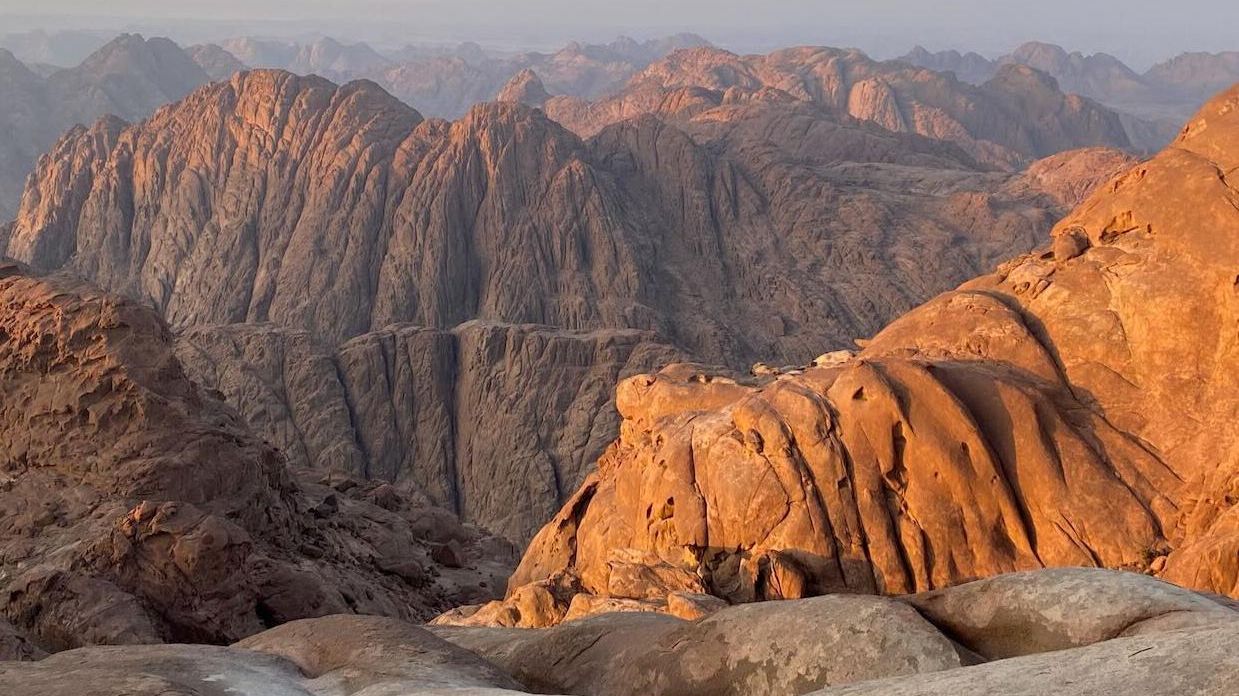CAIRO — Egypt’s ambitious Great Transfiguration Project, designed to transform the historic Mount Sinai region into a global spiritual and eco-tourism hub, is drawing mounting criticism from conservationists, religious scholars, and local activists.
Launched with government backing, the project promises new hotels, roads, and visitor centers to boost tourism around Saint Catherine’s Monastery and Mount Sinai sites deeply revered by Christians, Muslims, and Jews. Officials argue the development will attract millions of pilgrims and generate much-needed revenue for the economy.
However, critics warn that large-scale construction threatens the fragile ecosystem and risks undermining the sanctity of one of the world’s most significant religious landscapes. Environmental groups say increased traffic and modern infrastructure could disrupt the biodiversity of the desert, home to rare plant and animal species.
“The Sinai Peninsula is not just a religious landmark it’s a delicate natural reserve,” said one Cairo-based environmentalist. “Once you commercialize it at this scale, you risk losing both the spiritual and ecological balance.”
Local residents have also voiced concerns about being sidelined in the planning process. Many Bedouin communities in the region fear displacement and reduced access to grazing lands, water sources, and traditional livelihoods.
Egyptian authorities, meanwhile, maintain that the project will be implemented with strict environmental safeguards and that it represents a historic opportunity to position Sinai as a “meeting point for religions, cultures, and civilizations.”
Still, the debate continues to intensify, with critics insisting that rapid development may come at too high a cost. As work progresses, the world will be watching to see whether Egypt can strike a balance between modernization and preserving the sacred aura of Mount Sinai.
